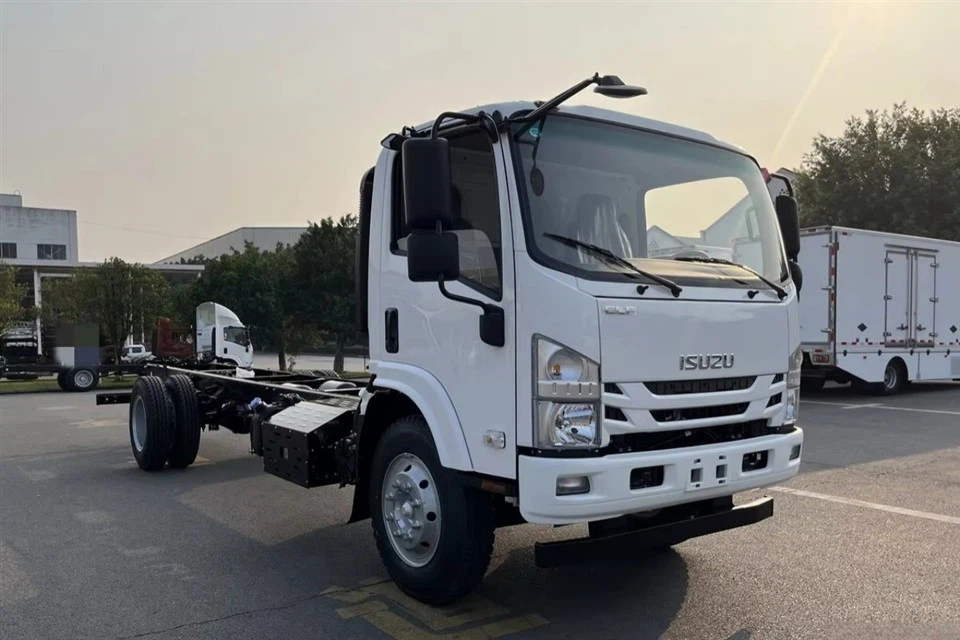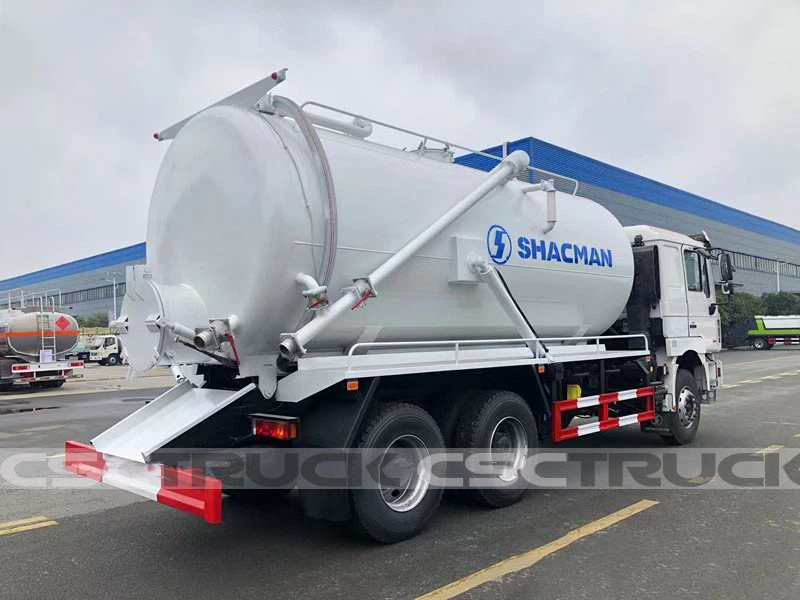Understanding Refrigerated Lorries: A Complete Guide

Introduction
In the world of logistics and transportation, refrigerated lorries, commonly known as reefer trucks, play a vital role. These specialized vehicles are essential for the safe transport of perishable goods, pharmaceuticals, and other temperature-sensitive items. Understanding their mechanisms, significance, and operational guidelines can enhance business efficiency and safety in the cold chain logistics industry. This article will delve deeply into the various aspects of refrigerated lorries, covering everything from design features to practical applications and tips for optimal usage.
1. What is a Refrigerated Lorry?
A refrigerated lorry is a vehicle designed with an insulated cargo area and cooling system that maintains a specific temperature. These lorries are pivotal in the cold chain, ensuring that temperature-sensitive products, such as food and medical supplies, are transported under controlled conditions to prevent spoilage or degradation.
1.1 Types of Refrigerated Lorries
- Single Temperature Units: Maintain one temperature for the entire load.
- Multi-Temperature Units: Allow for different compartments to be set at varying temperatures, ideal for transporting diverse products.
- Containerized Refrigerated Lorries: Use detachable refrigerated units that can be swapped between vehicles.
2. Importance of Refrigerated Lorries
The significance of refrigerated lorries cannot be overstated, especially in industries such as food service, pharmaceuticals, and the floral industry.
2.1 Food Safety
Refrigerated lorries ensure that perishable goods are kept at safe temperatures, preventing bacterial growth and foodborne illnesses.
2.2 Compliance with Regulations
Continuously monitored temperatures maintain compliance with health regulations, avoiding fines and legal issues.
3. How Refrigerated Lorries Work
The operation of refrigerated lorries relies on advanced refrigeration technology and insulation techniques that work together to keep products at the desired temperature.
3.1 Insulation Techniques
Refrigerated lorries are designed to minimize heat transfer from the outside environment. Insulation materials like polyurethane foam are commonly used due to their thermal efficiency.
3.2 Refrigeration Systems
Various refrigeration systems are deployed, including:
| Type | Description |
|---|---|
| Vapor Compression Refrigeration | This is the most common type, using a refrigerant that absorbs heat as it evaporates. |
| Absorption Refrigeration | Utilizes heat energy instead of mechanical energy to provide cooling, often seen in truck-mounted units. |
3.3 Temperature Control
Modern refrigerated lorries feature digital temperature monitoring systems that provide real-time data, ensuring optimal storage conditions throughout the transportation process.
4. Key Features of Refrigerated Lorries
A refrigerated lorry comes equipped with several essential features designed for efficiency and safety:
4.1 Temperature Monitoring Systems
These systems track and display the interior temperature, alerting drivers to any deviations.
4.2 Airflow Management
Efficient airflow ensures even temperature distribution, avoiding hot spots and inadequate cooling.
4.3 Loading and Unloading Mechanisms
Many refrigerated lorries are designed with hydraulic lifts and walk-in features for easier loading and unloading of heavy or bulky items.

5. Maintaining Refrigerated Lorries
Regular maintenance of refrigerated lorries is crucial for their effective operation.
5.1 Regular Inspections
Conducting regular inspections of the refrigeration system, insulation, and overall vehicle condition is essential.
5.2 Cleaning Procedures
Keeping the interior clean not only helps maintain hygiene but also prevents odors and bacterial growth.
5.2.1 Cleaning Tips
- Use mild detergents that won’t harm refrigeration components.
- Conduct thorough rinsing to remove any detergent residues.
- Regularly check and clean drainage systems to prevent clogs.
6. Cost Considerations for Refrigerated Lorries
Investing in a refrigerated lorry involves various costs beyond the purchase price, including maintenance, fuel, and insurance.
6.1 Initial Investment
Prices for refrigerated lorries can vary widely based on size, type, and manufacturer.
6.2 Operational Costs
Fuel efficiency and maintenance frequency can significantly affect overall costs, making it essential to choose the right lorry for your needs.
7. Practical Examples of Refrigerated Lorry Usage
Refrigerated lorries find applications in various sectors, demonstrating their versatility.
7.1 Food Distribution
Companies distribute perishables like meat and vegetables to grocery stores and restaurants.
7.2 Pharmaceutical Transport
Pharmaceutical firms use refrigerated lorries to transport vaccines and medications that require strict temperature controls.
8. Choosing the Right Refrigerated Lorry
Selecting the right refrigerated lorry requires careful consideration of different factors.
8.1 Assess Your Needs
Evaluate the types of products you plan to transport, their required temperatures, and load sizes.
8.2 Research Brands
Consider reputable manufacturers known for their reliability and customer support services.
9. Environmental Impact of Refrigerated Lorries

As with all vehicles, refrigerated lorries have an environmental footprint that must be managed.
9.1 Eco-Conscious Refrigeration Technologies
Many manufacturers are now incorporating eco-friendly refrigerants and more efficient engines to minimize environmental impact.
9.2 Best Practices for Sustainability
- Regular maintenance to ensure fuel efficiency.
- Proper load management to reduce trips.
- Utilizing alternative fuels where possible.
10. Future Trends in Refrigerated Lorry Technology
The refrigerated transport industry is evolving, with several emerging trends shaping its future.
10.1 Advanced Refrigeration Technologies
New innovations in refrigeration will lead to more energy-efficient systems and better temperature control.
10.2 Automation and Monitoring
The incorporation of IoT (Internet of Things) technology will allow for better data collection and real-time monitoring of refrigerated conditions.
Frequently Asked Questions (FAQ)
1. How do I maintain the optimal temperature in a refrigerated lorry?
Regularly monitor the temperature using digital systems, ensure proper insulation is intact, and load products evenly to promote good airflow.
2. What is the average lifespan of a refrigerated lorry?
With proper maintenance, a refrigerated lorry can last upwards of 15 years, but this can vary based on usage and care.
3. Are refrigerated lorries more expensive to insure?
Generally, insurance costs for refrigerated lorries can be higher due to the value of their cargo and the specialized nature of the vehicle.
4. Can refrigerated lorries operate in extreme weather conditions?
Yes, they are equipped to handle extreme temperatures, but it is essential to monitor the refrigeration systems to prevent failures in severe conditions.
5. How do I choose between a single-temperature and multi-temperature refrigerated lorry?

If you need to transport various goods requiring different temperatures, a multi-temperature lorry is ideal. A single-temperature unit suffices if you are transporting items that require the same temperature.
6. What are the common refrigerants used in refrigerated lorries?
Common refrigerants include R134a, R404A, and R407C. It’s essential to choose refrigerants with a lower global warming potential to minimize environmental impact.
